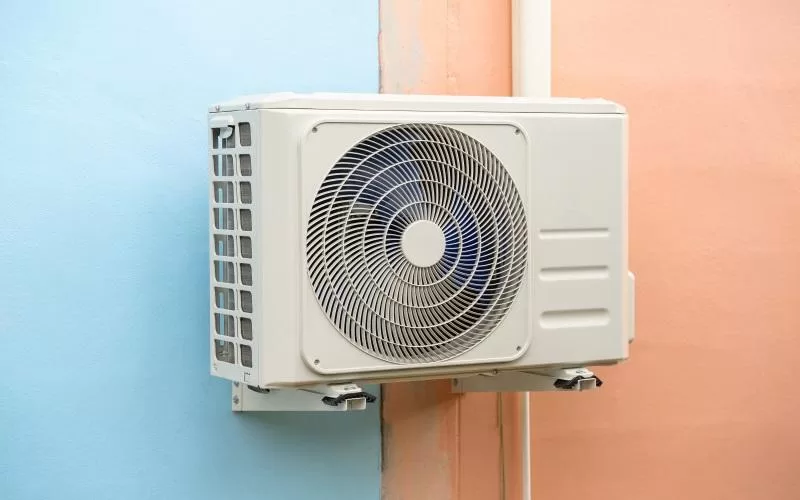
A heat pump provides adequate heating and cooling to your home, acting as an HVAC system to ensure a cost-effective and comfortable stay. But when your heat pump stops working for some reason, you’ll need to decide the best course of action in such a situation. Should you repair or replace your unit? Only professional vendors and expert technicians understand the thermodynamics of a heat pump. Once your heat pump has surpassed its lifespan, what’s the next step?
What Impacts the Performance of a Heat Pump?
When purchasing a heat pump for your home, you must consider several factors, especially those that impact performance. Most consumers experience problems with their heat pumps because of logistics like the size, load capacity, compressor type, and technological components. If you need to replace your heat pump before winter descends, consider the following:
- The heat pump should be adequately sized for your home. The size of the heating system will impact the unit’s energy demand and load capacity. If you fail to install the right-sized model, your home may experience warm and cold spots.
- The climate of a place impacts the heat pump you’d want to install and the energy usage it will have during winters. Places that experience colder months for long periods will require a better-performing system.
- Most heat pumps come with programmable thermostats and ignition switches that reduce labor and energy costs. It’s best to choose a heat pump system that incorporates an energy-efficient design for increased performance.
- The type of compressor you install in the unit will impact performance and durability, so it’s important to consider both single- and two-stage compressors. While the former works at full capacity, the latter works at a reduced capacity.
When Should You Replace Your Heat Pump?
Heat pumps require annual maintenance, but your system may experience other problems that need immediate repair or replacement. The framework of a heat pump contains several parts that perform the function of two systems in one. Any of these parts can fail, deteriorate, or break down over time. Here are the most common problems you may encounter.
You Can’t Turn on the Heat Pump
Most heat pump repair specialists will perform a physical check of the system before diagnosing a problem. Most heat pump systems are designed with a safety device that can prevent the system from operating. If the safety device senses a change or anything wrong, like an electrical overload or an ignition issue, it will turn off the device. It does so to prevent the heat pump system from getting more damaged. Heat pumps may also have ignition sensors and temperature control switches to ensure operational safety.
Another situation is when your house experiences a sudden power outage. Due to the electrical shortage, the circuit breakers and fuses in your electrical system will trip. As a result, they will stop the electrical current from charging the heat pump.
You Feel Only Cold Air Blowing Out
When you use the heat pump during summer, you might experience cold air coming out of the system. This could be a case where you’ll need to replace a part of the heating system, like the reversing valve that controls the refrigerant’s airflow. You could call your heat technician for a quick check.
You Lose Control of the Thermostat
If your heat pump’s thermostat doesn’t respond to programming functions, the problem may be as simple as a dead battery to something severe like faulty wiring. An HVAC technician can help maintain heating systems. They will either repair your thermostat or replace components of the system, like the wiring or switches.
You Can’t Work the Compressor
When a heat pump’s compressor stops working, you’ll hear a loud noise or a circuit breaker tripping in the background. In most cases of a faulty heat pump, the compressor stops operating entirely, and you need a full replacement.
Should You Replace Your Heat Pump?
Common HVAC codes and standards dictate that homeowners with heat pump installations must adhere to regulatory requirements to ensure energy efficiency. If you encounter any of these telltale signs, it’s time to replace your heating and cooling systems.
Get in touch with a certified professional if you observe the following:
- Your heat pump system has been operating for over 10 years. You must replace the unit with a new model that features the ENERGY STAR label. These units can help you save up to 20% on energy costs.
- You notice a spike in your energy bills. If your heat pump requires frequent repairs and an increase in energy usage, it’s time to evaluate your energy costs and determine the cause behind them.
Leave a Reply